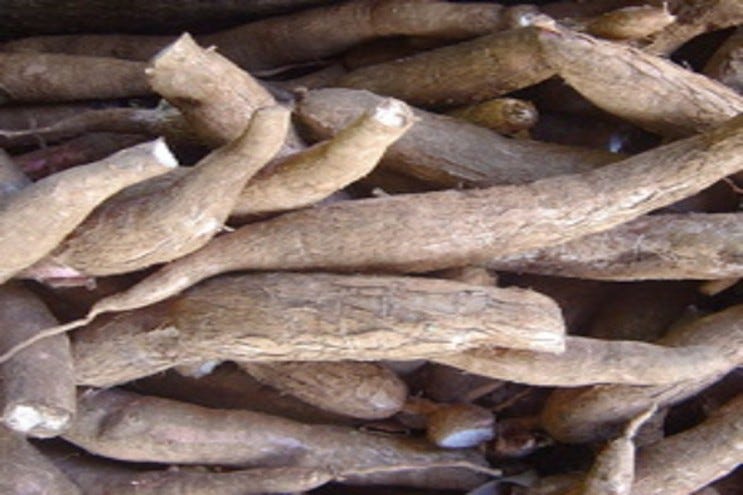Government must bring back extension officers to improve agricultural productivity - Cassava Farmer
"The Government should provide them with motor bikes or tricycles to visit any farm, this would significantly improve food production in Nigeria."
This interview has been edited for clarity and brevity.
Cassava is an important annual food grown throughout Nigeria. It is tuberous and has the ability to thrive in poor soils and has considerable resistance to drought. It is also used to refer to the root of this tropical plant. It feeds the majority …



